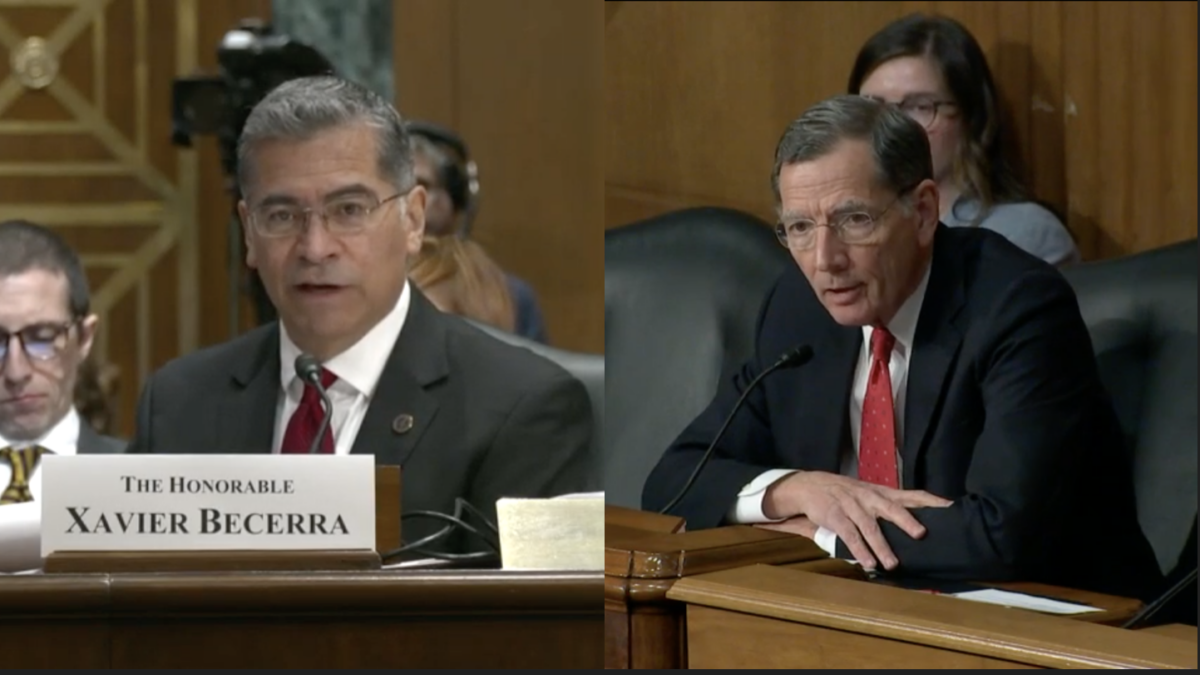
Many automatically assume that to be “pro-immigrant” is to support amnesty for illegal immigrants. But many legal immigrants view amnesty another way: as a gift to lawbreakers at the expense of those who wait in line to come to America lawfully.
“I’m very happy they’re helping the 11 million people here illegally, but what are they doing for us?” said Mexican visa holder Juan De La Torre, who is waiting for naturalization, in a 2013 CNN interview. If you wouldn’t let the random bloke off the street cut you in line, why would you desire that someone who committed a crime by entering this country unlawfully would get what he wants as a result, instead of those who followed the rules?
Critics may lambast these “pro-law-and-order” immigrants as too concerned about something that doesn’t affect them. But is it really true that illegal immigration policy has no effect on the prospects of those seeking to enter America lawfully?
There Are Practical Limits on Immigration Numbers
First, consider that the United States, and every other country in the world, is constrained in the number of immigrants it can feasibly let in per year. Also consider that the populace and labor market of any country can only support a certain number of immigrants per year.
After all, we can all see the consequences of allowing total immigration to climb to unsustainable levels at precipitous rates. Take Sweden, whose influx of asylum refugees has caused a housing crisis and threatens the security of its welfare state. Or take Germany, where a 200 percent increase in illegal immigration between 2014 and 2015 has gummed up its legal system to a near-standstill.
There are, of course, legitimate human rights arguments for allowing some illegal immigrants such as asylum seekers to stay in the country. But no one can deny that uncontrolled spikes in illegal immigration harm the stability of a country and its economy.
Currently, the U.S. government sets a ceiling at around 1 million total legal immigrants annually. The 1 million mark, however, takes into account many factors, particularly the number of illegal immigrants that also enter this country.
How many illegal immigrants enter this country annually? The Center of Immigration Studies pins the number at 300,000 to 400,000 per year during each year of the Obama administration, which matches the claims by the Pew Research Center that illegal immigration has stayed roughly equal over those eight years (meaning illegal entry has roughly matched deportations and exits).
With this estimate, even though the United States gives visas to 1 million legal immigrants annually, at minimum, an added 400,000 immigrants come into this country illegally per year. This would mean that at least 25 percent of our total annual influx of immigrants comes from illegal immigration. Therefore, if the United States allows more illegal immigrants to stay in this country, they would have to counterbalance the resulting mass amnesty by curbing legal immigration, in order to keep total immigration at ideal rates.
So then the question becomes: why grant illegal immigrants amnesty, and therefore unfettered access to the American labor market, when so many potential legal immigrants would sacrifice everything for such an opportunity? With a waiting list now numbered at 4 million people, and an average waiting time of 21 years for some visa applicants, legal prospective immigrants anxiously anticipate the day when they get a chance to stay in this country.
Amnesty Sends the Wrong Message to the World
Now, imagine if the United States could curb border crossings and overstayed visas, and hold illegal immigrants to a minimum, say, less than 100,000 per year. Would there then be an unskilled labor shortage? Possibly. This time, however, we could call on legal immigrants, who are by-and-large more highly skilled and prone to less criminality than illegal immigrants. They would gladly fill the labor vacuum left by illegal immigrants, and some. Even if total U.S. immigration remains stable, that would mean at least 500,000 more legal immigrants, an increase of 50 percent. Illegal immigration loses, legal immigration wins.
However, amnesty would further incentivize illegal immigration, only emboldening illegal immigrants (and their smugglers) to push unverified, unaccountable immigrants into our country. In 1986, Congress passed the Immigration Reform and Control Act, which gave legal status to 2.7 million illegal immigrants. Since then, illegal immigration numbers have more than tripled, with much of the growth occurring in the ten years after the law was passed. Further amnesty would exacerbate this trend, driving our country’s appetite for legal immigration further downwards. Legal immigration loses, illegal immigration wins.
America should be a country that respects those who respects its laws. Yes, illegal immigrants have families and plenty have honest intentions. But so do legal immigrants. My parents were such people. In cases where illegal and legal immigrants compete, the U.S. government has an obligation to prefer those who demonstrate their commitment to this nation by obeying its legal process for entry.
Honest reform must start not by encouraging illegal immigration, but by suppressing it. By minimizing illegal immigration, we can invite more legal immigrants to join our fold and work towards an immigration system based on justice and fair play.









